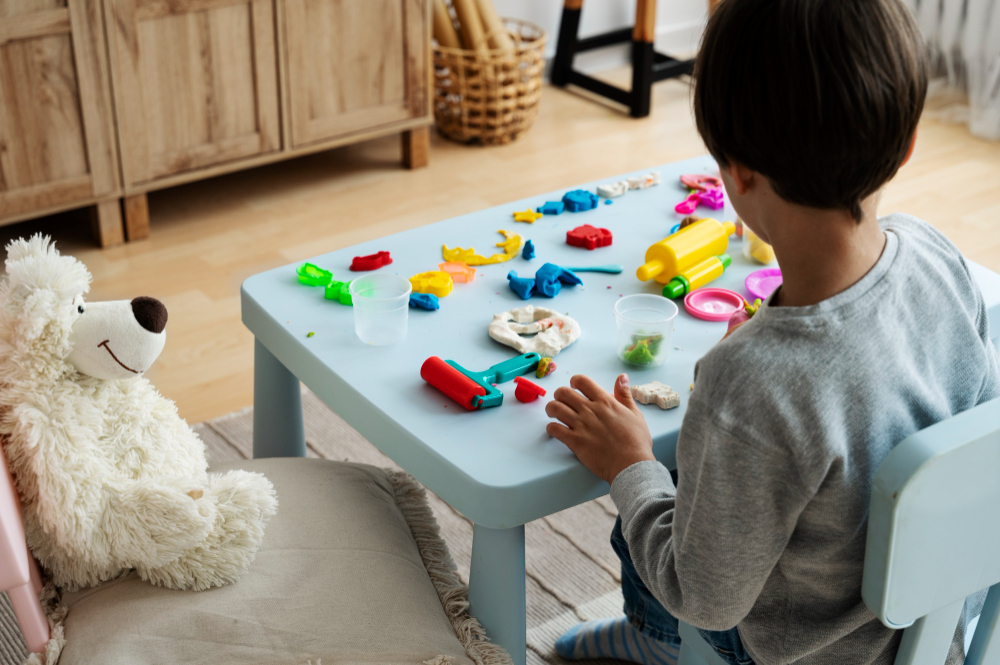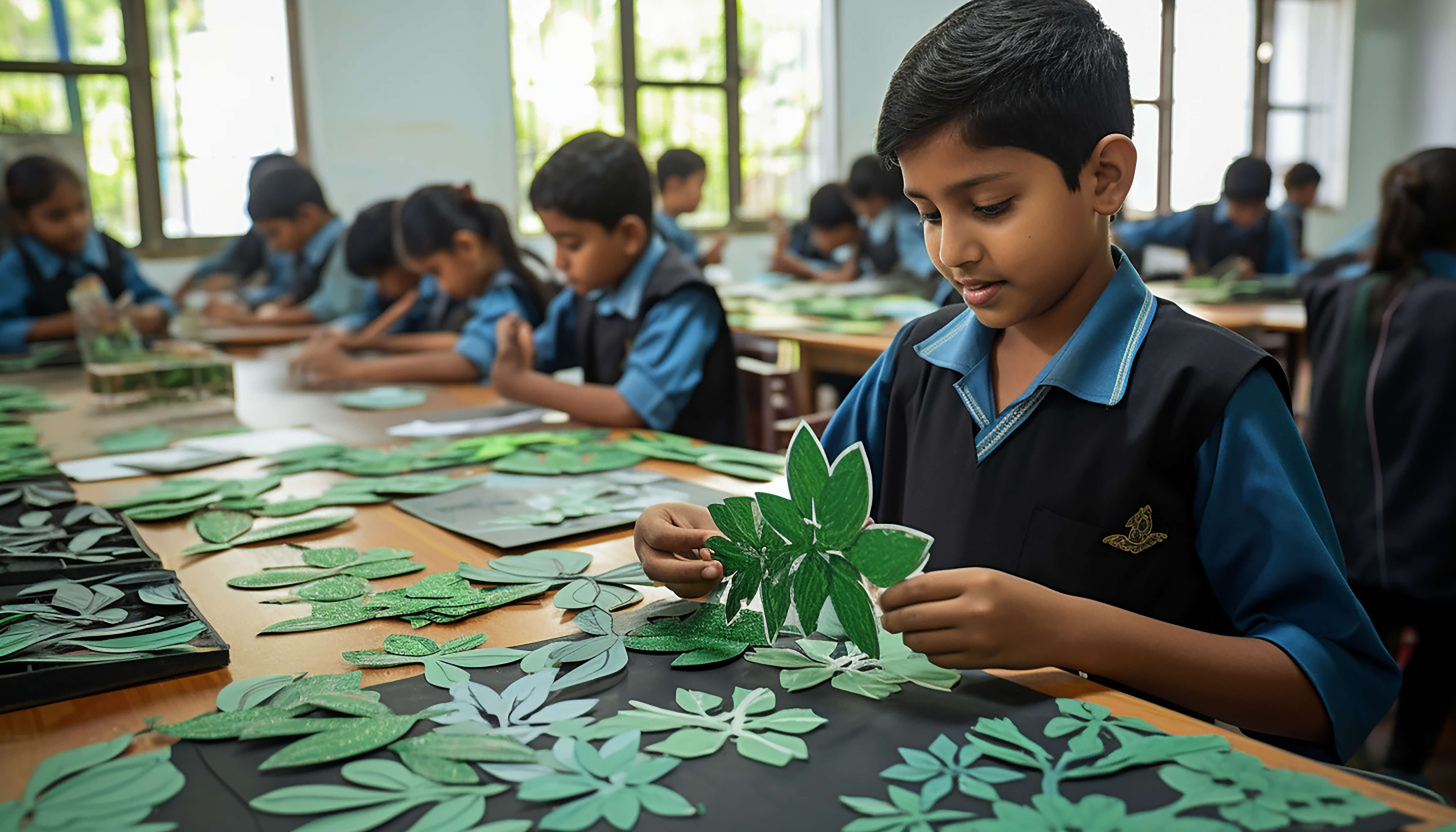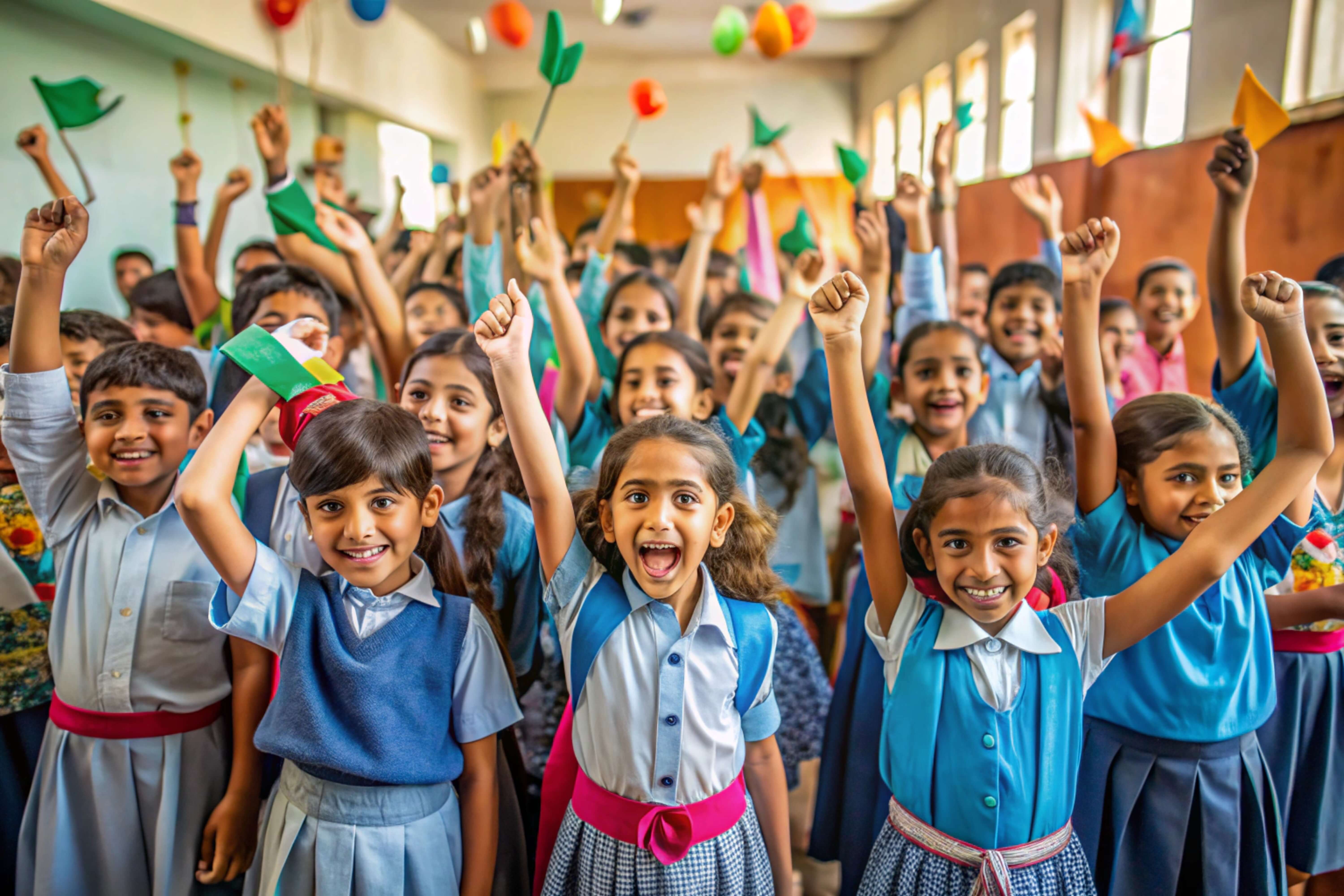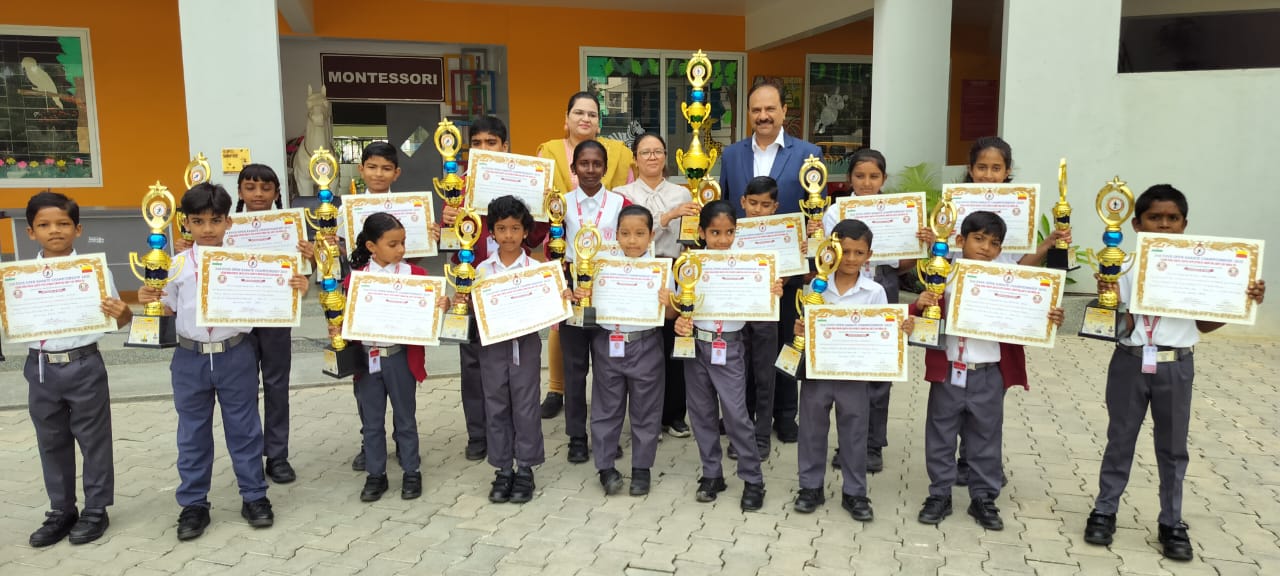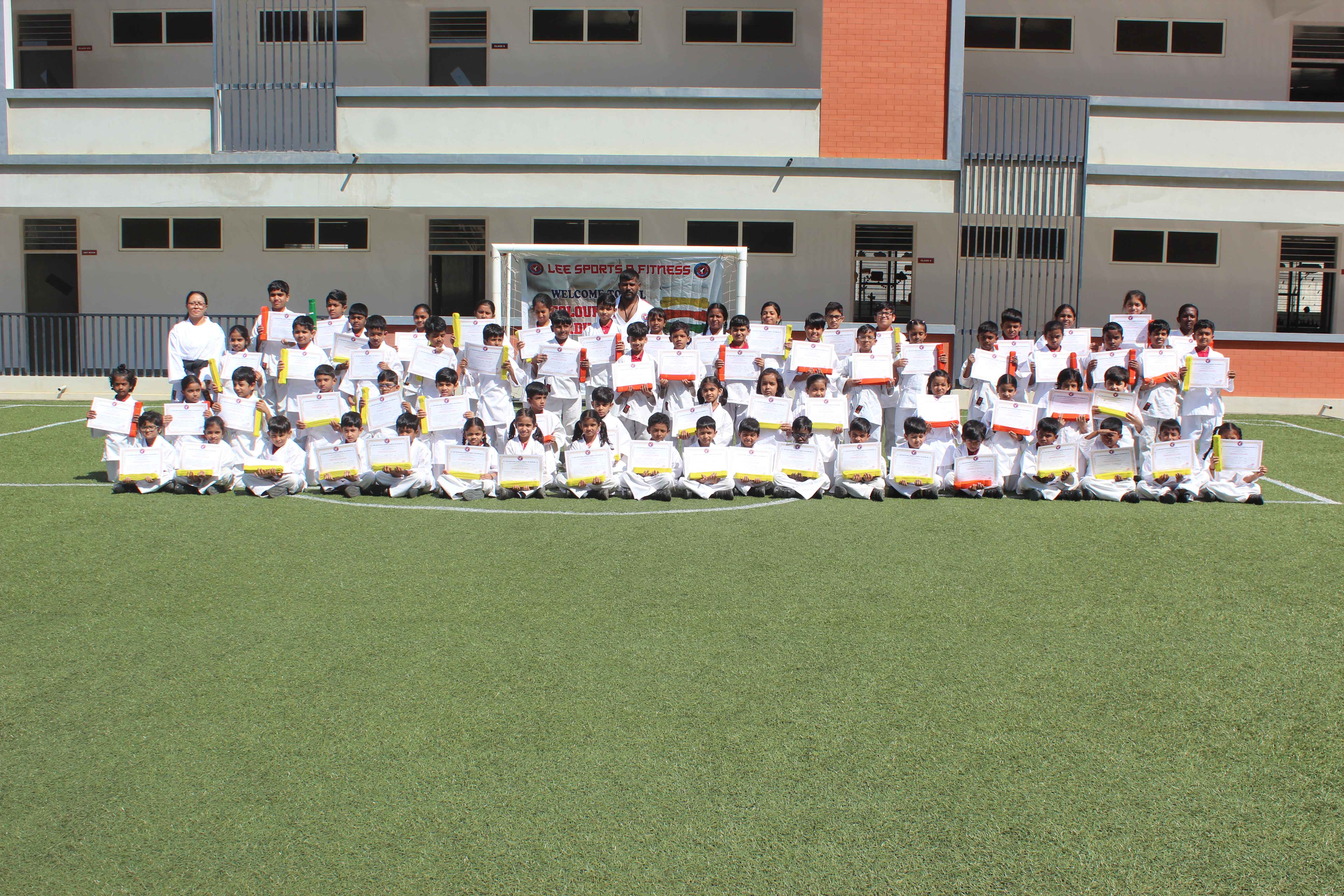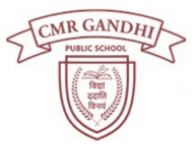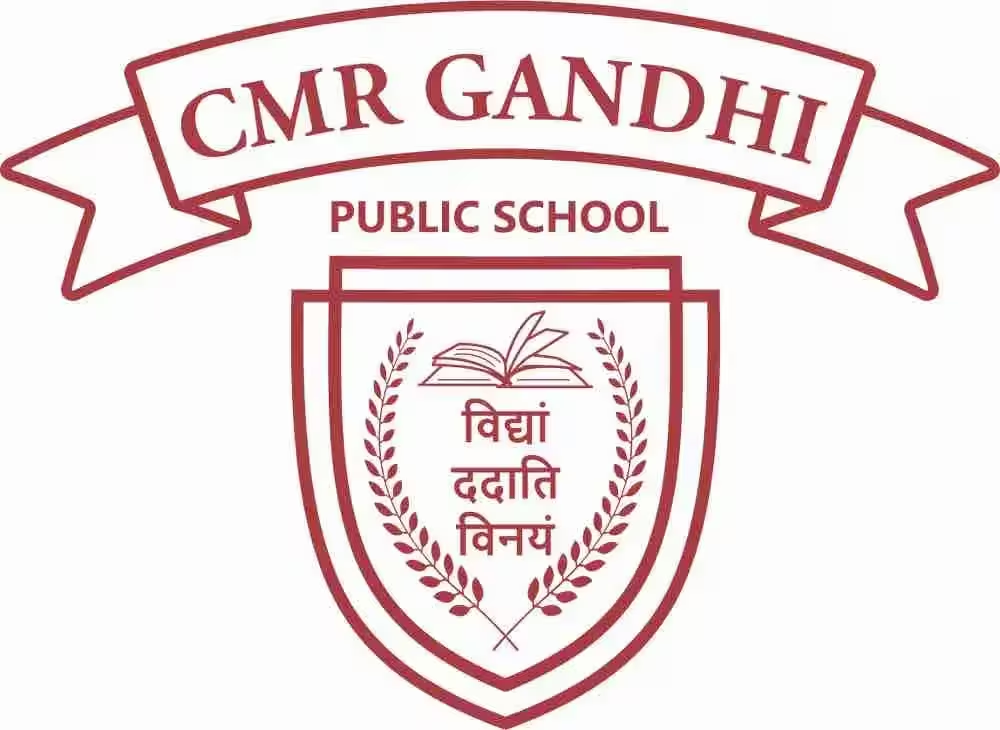Fine motor skills are the basis for any precise work, which includes writing, cutting, and even buttoning clothes. These involve coordination in small muscles of hands and fingers that are crucial in the development of preschoolers. Fine motor skills in early childhood prepare kids for academic and personal independence. These include tying shoelaces and holding a pencil, which is among the most fundamental skills in daily activity. Preschools play an important role in developing these fine motor skills through their activities .
Understanding Fine Motor Skills
Fine motor skills can be differentiated from gross motor, which includes actions that are usually more significant like running or jumping. Fine motor refers to smaller detailed actions, like picking up a pencil or buttons.
Children of 3 to 5 years of age can achieve certain milestones. By 3 years, children can thread beads, scribble, and stack small objects. By 5 years, they can draw shapes, use scissors, and even write their names. CMR Gandhi pre primary school in Sarjapur Road makes parents witness how structured activities are made to cater to these milestones for steady growth.
Activities to Enhance Fine Motor Skills
Engaging preschoolers in fun activities is a way to enhance the fine motor skills of preschoolers. Some of these engage hand muscles besides improving coordination, helping children perform everyday tasks very easily. Listed below are a few creative methods to help the child develop fine motor skills along with practical and creative ways to enable your child’s development.
1. Creative Play
Activities such as playdough, finger painting, or making something work on the strength and dexterity of hands. The squeezing of playdough develops muscles, while finger painting enhances hand-eye coordination. Preschools in Sarjapur Road like CMR Gandhi Pre Primary School have incorporated such creative exercises into their curriculum, making learning fun and quite effective as well.
2. Daily Activities
Involving children in daily activities teaches them practical skills while refining their fine motor abilities. Dressing, pouring water, or even setting the table all require precise hand movements. Parents should promote such hands-on experiences to bring a balance to learning and skill-building.
3. Games and Puzzles
Engagement with puzzles, building blocks, or threading beads develops spatial awareness and finger control. Threading beads improves concentration and hand coordination, while puzzles strengthen problem-solving skills. CMR Gandhi Public School,a CBSE school in Sarjapur Road integrates these activities to enhance both motor skills and cognitive growth together.
Tips for Parents
Parents play a major role in promoting the development of fine motor skills for their children. By offering some guidance and encouraging a positive setting, they may make learning exciting and productive.
Celebrate the tiniest of wins, such as zipping a jacket or drawing a shape. Praising fosters self-esteem and inspires kids to practice some more. The schools can also teach a growth mindset through reinforcement every single day.
2. Creating an Enabling Environment
Make sure your child has age-appropriate materials and a quiet area to practice. Simple setups, like a table with child-safe scissors, crayons, and paper, would invite exploration. This strategy is often followed by parents to encourage the development of skills at home.
Conclusion
Fine motor skills are one of the primary things taught in early childhood education. Not only do these skills support readiness for school, but they also boost the child’s confidence and independence. These can be promoted through natural means, like creative play, everyday activities, and interactive games, during daily routines. Early development of these skills will open doors for lifetime success.



